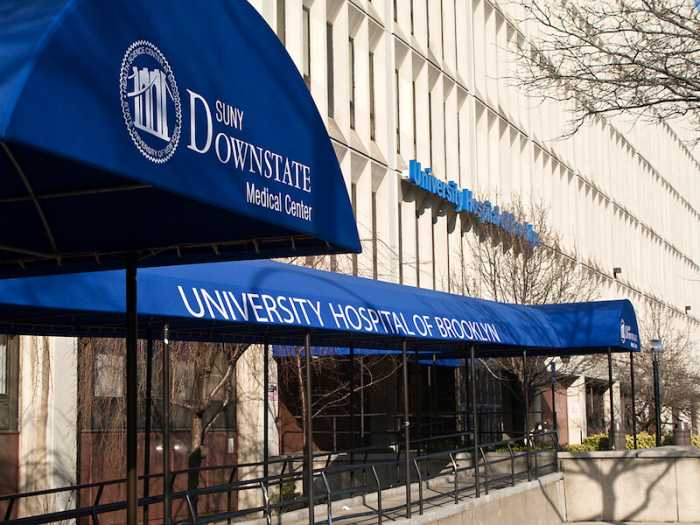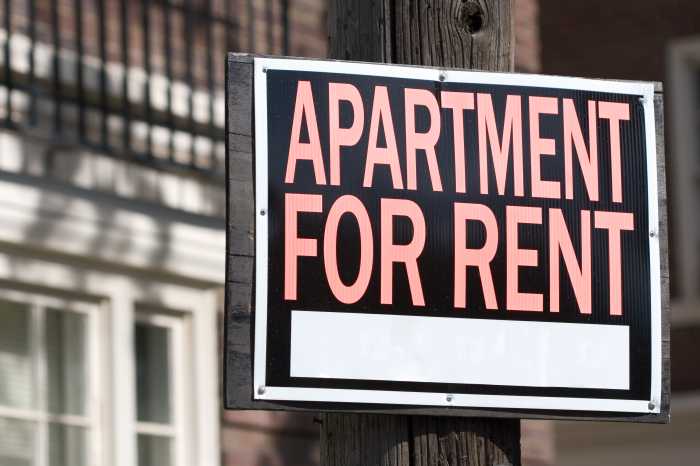Editor’s Note: After March 7’s editorial (“Chelsea Market plan should be stopped before ULURP”), we reached out to Jamestown Properties with an offer to respond via a Talking Point. They accepted, and sent the following:
As the owners of two very different kinds of businesses in Chelsea Market, we have watched it grow and change over the years and become a driving force in reviving the neighborhood and turning it into vibrant hub of retail stores and offices.
Housed in a collection of 17 old Nabisco factory buildings, its 33 retailers attract 120,000 visitors a week to well-known food shops and wholesalers and retailers selling everything from baked goods and gourmet foods to prime meats and fresh lobster.
It’s also home to 20 media and tech companies including Google, Food Network, Oxygen Media and New York 1 News. Because of its 30-foot ceilings, HBO filmed the prison show “Oz” in the market, generating even more revenue for the entire neighborhood. All told, the market provides 3,500 jobs right now.
The problem is that Chelsea is simply out of room, including Chelsea Market’s office space, which is fully leased. Our shops and tech and media firms need room to grow and thrive — not just for their sake, but for the good of the neighborhood and the city as a whole.
For those reasons, we fully support the plans of Chelsea Market’s owners, Jamestown Properties, to build 240,000 square feet of office space to attract new business and allow the existing shops to accommodate the growing numbers of visitors to once-dangerous and once-desolate sections of the neighborhood.
Failure to allow Chelsea Market to expand would stifle neighborhood growth and do irreparable harm to the area.
On the other hand, the expansion would create 1,200 new permanent jobs, 600 construction jobs and generate $7 million yearly in additional real estate taxes. It also would mean $20 million worth of support for the High Line, which has grown into a popular tourist destination. Construction alone will result in more than $300 million in spending citywide.
The market’s first floor is a mix of family-owned businesses and food shops that serve and compliment the neighborhood at large and the office workers in the five floors above. The workers supply a steady stream of customers to the retailers, having only to pop into an elevator and go downstairs for lunch, dinner or a snack. That synergy, along with business from nearby store and office workers and the local community, fuels a remarkable success story.
Take our two companies as examples: one a traditional, but innovative family-owned food wholesaler and retailer; the other, a new start-up tech company that has grown with amazing speed.
The Lobster Place was one of Chelsea Market’s original tenants, doing mostly wholesale distribution when it opened in the ’90s. As Chelsea Market grew and helped resuscitate the Chelsea community, the company flourished. Having twice been included on the Inc. Magazine list of the 5000 fastest growing private companies in the US, it moved the bulk of its wholesale distribution operations to a state of the art facility in Hunts Point and expanded its retail presence in the Market into the one of a kind store it is today. All the while, the company has remained a family owed business, committed to the well-being of its employees and active within the local Chelsea community.
Today, The Lobster Place employs more than 100 people across the entire business — 57 alone at Chelsea Market, where it serves seafood, sushi, chowders and prepared foods to more than 2,000 customers daily.
Yext is a fast-growing advertising technology company that helps businesses monitor their reputation online and stand out in Internet searches. Started in 2006, it grew more than 2,600 percent between 2008 and 2011, going from nine employees to 85.
Its annual revenues grew from $864,000 in 2007 to an astounding $23.4 million in 2010. In 2011, Inc. Magazine voted Yext the 10th fastest-growing company in New York City.
Many companies in Chelsea Market share similar success stories, growing and serving more than six million customers annually, creating thousands of jobs and pumping millions and millions of dollars into the economy and city coffers.
We must allow Chelsea Market to continue its role as an incubator to small businesses and startups while solidifying Chelsea as a vibrant, energetic neighborhood, tourist destination and the heart of the city’s burgeoning tech and media industries.
To do otherwise would be foolish.
Howard Lerman
CEO and co-founder of Yext
Ian MacGregor
Owner and president of The Lobster Place





































